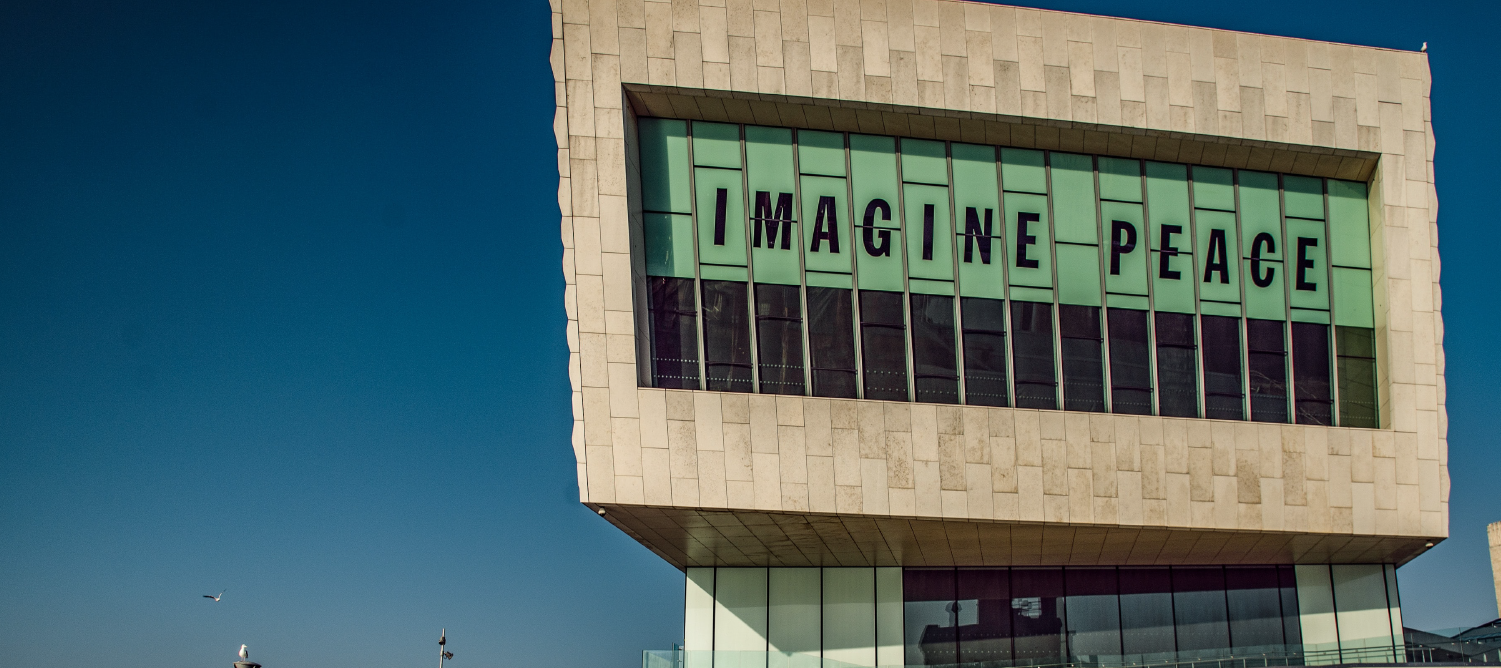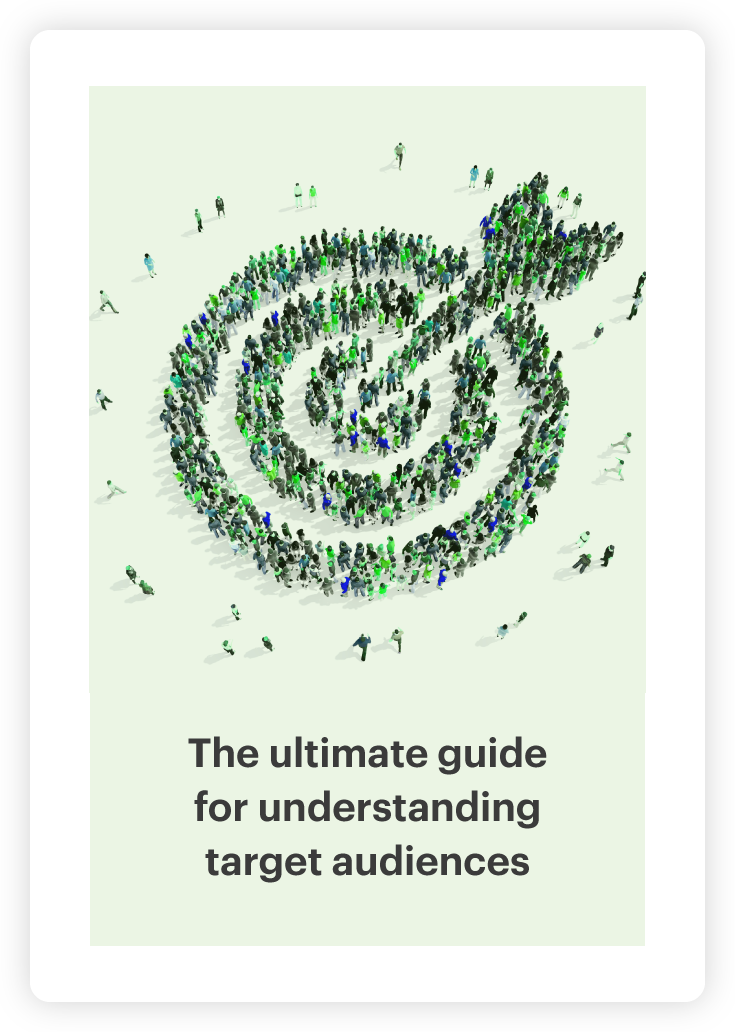Do accents translate to paper? Analysing the language of Scousers

Through music, football and culture, Liverpool has made its mark on the world stage. Yet perhaps the most unique thing about the city is its distinctive ‘Scouse’ accent, which has a melody all of its own.
Up until the mid 19th century, Liverpudlians spoke with similar tones to their Lancastrian neighbours. But as a port city with a constant influx of immigrants, Liverpool became a melting pot of different dialects. After mass immigration post WWII, Irish had a major influence on the Scouse accent, creating the instantly recognisable sound we know today.
From fricative ‘k’s, rolled ‘r’s, and ‘t’s pronounced as ‘d’s, Scousers (an affectionate nickname for Liverpudlians) can even confuse English natives when they talk. However, being ‘Scouse’ is more than just speaking with a charming voice. When it comes to language, accents play a huge part in our identity and sense of belonging. “This is especially so in Liverpool.” explains Dr Paul Cooper (from the University of Liverpool) “where the majority of people view their identity with pride.”
But how do spoken accents translate to words on paper? We used qualitative analysis to delve deeper into this question, looking specifically at how Scousers talk on Twitter about a variety of topics. Comparing this data to the Standard English model, we were able to pinpoint uniquely ‘Scouse’ words that are synonymous with the Mersey sound, as an example of how language comparison can help you understand the way different demographics talk.
A happy-go-lucky bunch
Liverpool is consistently voted one of the friendliest places in the UK, and it’s all down to the people. No matter what your background, Scousers will greet you with an ‘alright love’ to make you feel at home. The same applies when communicating on Twitter. Scousers are 20.8x more likely to use terms of endearment such as kidda, la, mate, and lad when addressing people on social. ‘La’ is a typically Scouse word meaning ‘love’ or ‘mate’, often used in the context ‘nice one la’. Other proclamations of positivity include: boss lad, belter, well in mate, sound.


Mirroring speech
While for the most part, the plural of you – ‘youse’ – is no longer used in England, it is throughout Merseyside. Jonnie Robinson, lead curator on language at the British Library, points out that its usage can be attributed to Irish English. Similar to Southern parts of the US that have y’all as a contraction of you all, writing ‘youse’ is a way of translating the Scouse accent to written language.

Scousers also mirror their accent on social media when using the word ‘me’ as a replacement for ‘my’. Additionally, instead of writing full words or phrases such as ‘going to’, ‘want to’ and ‘because’, they shorten them to their spoken form: gonna, wanna, cos.


Like, like, like
While the word ‘like’ isn’t unique to the lexicon of Scouse, it is 7x more likely to appear in Liverpudlian’s Twitter conversations. As well as being used as a preposition and conjunction, ‘like’ is often used in speech as meaningless filler. What’s interesting is that, despite having time to craft a written message, Scousers still use the word ‘like’ in this manner on social.

Bevs and scran
Liverpool has a great night life, with plenty of bars and restaurants to choose from. But before you head out, you’ll need to be well adversed with Scouse sayings. ‘Bevvy’ is both a noun and a verb, meaning an alcoholic drink or the act of drinking alcohol. ‘Scran’ is also a noun and a verb, meaning any substantial meal or snack, or the act of eating a tasty meal.


Blag or blagging?
There is a culture of honesty in Liverpool, where people will call you out for lying or in Scouse terminology ‘blagging’. In this sense, ‘blagging’ is the act of lying to obtain something or to get out of a sticky situation. The word ‘blag’ is also used to describe fake goods, or something posing as the real deal.

Scousers are polite
Despite offensive stereotypes depicting Scousers as criminals, we do have manners. ‘Ta’ is a regional variant of thanks that you’ll hear a lot in Liverpool, which also appears 6.1x more in Tweets. The word ‘cheers’, a quintessentially British way to end a conversation or an alternative way of saying thank you, also appears 7.2x more in Scouse conversations.


The human condition balances on a sense of identity and belonging, community and locality, the meaning of home and away, as discussed by Chris Mason on Radio 4‘s East Meets West. Above all, accents proudly tie us to our roots. But what’s interesting is that, through qualitative analysis, we can see how this translates to paper. Scousers mirror their accent on social media and this is probably the case for other regional dialects. Understanding how different demographics talk can prove invaluable for regional sales training, marketing and internal communications.
